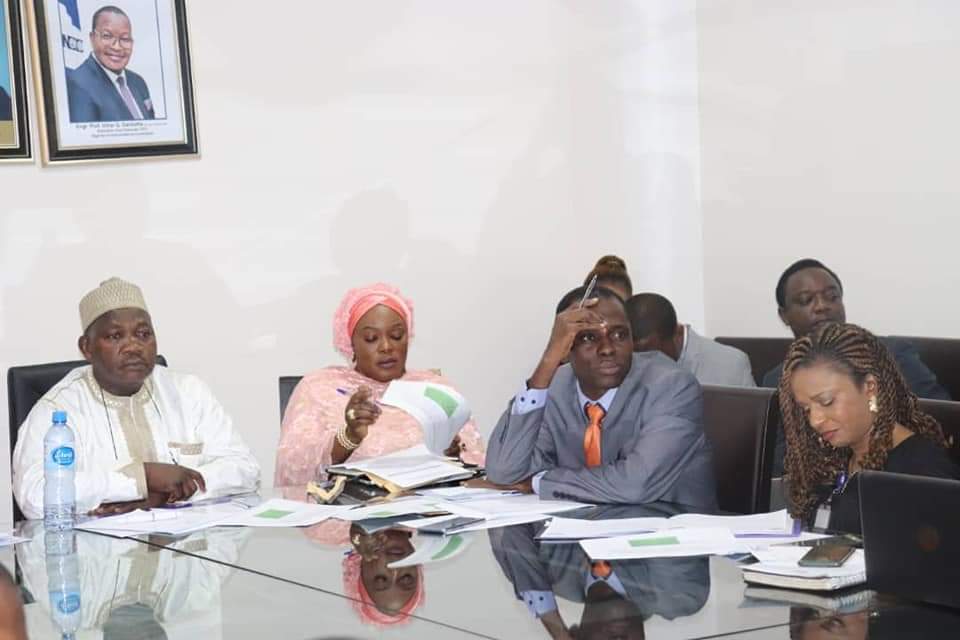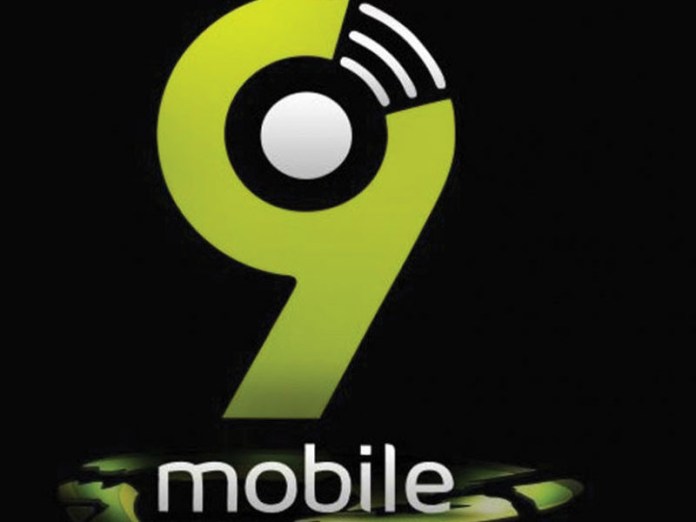The 26-man Committee inaugurated by the Nigerian Communications Commission (NCC) to develop a Memorandum of Understanding (MoU) on how relevant public and private organisations can collaborate to combat electronic frauds perpetrated through telecommunications platforms, have met for the second time after its inauguration.
The Committee’s meeting which held at the Communications and Digital Economy Complex, Mbora District, Abuja on Thursday (12/03/2020), was sequel to the first meeting held in January 30, this year. The recent meeting was attended by representatives of all the 26 member organisations that formed the Committee.
The Committee, during the meeting took inputs and submissions from four Sub-Committees earlier formed to work on different issues bordering on e-fraud curtailing and subjected the submissions to critical reviews.
The working groups include the Financial Sub-Committee, Security Sub-Committee, Regulatory Sub-Committee, and Legal Sub-Committee.
In turns, each submission was evaluated from different perspectives, including considerations about which stakeholder takes responsibility when a consumer becomes a victim of electronic fraud.
The Committee also discussed how best to address the challenge of Subscriber Identification Module (SIM) swap, the security of telecoms and banking infrastructure, cost of accessing financial transactions, and the processes for determining who takes the responsibility to compensate the consumer in case of any electronic fraud that cannot be blamed on the consumer.
Speaking after the Committee’s deliberations, Aliyu Ibrahim, Head, Consumer Protection and Advocacy, NCC, who chaired the meeting, said, “Today, we have advanced further in our deliberations towards producing a meaningful MoU that speaks to our terms of references in our collective efforts to combat the national challenge of e-fraud, using telecoms platforms.”
He said more work has also been given to each of the sub-committees “with respect to the submission each committee made at today’s meeting and we are expected to reconvene later in April, 2020.”
It would be recalled that the NCC, in demonstration of its “multi-stakeholder spirit’ and as an eloquent demonstration of its commitment to strengthening consumer protection, had, in November 2019, inaugurated the 26-member multi-sectoral Committee to combat the issue of financial frauds that occurred through telecoms or digital platforms.
The Committee membership was drawn from many organisations, including the Central Bank of Nigeria (CBN), NCC, Federal Competition and Consumer Protection Commission (FCCPC), Nigerian Inter-Bank Settlement System (NIBSS), National Identity Management Commission (NIMC), and the Association of Licensed Telecom Operators of Nigeria (ALTON).
Other organisations with representation on the Committee include banks, security agencies such as the Office of the National Security Adviser (ONSA), the Economic and Financial Crimes Commission (EFCC), Independent Corrupt Practices other Related Offences Commission (ICPC), Nigeria Police Force (NPF), Nigeria Financial Intelligence Unit (NFIU) and the Federal Ministry of Justice.
At the inauguration of the Committee in Abuja last year, Prof. Umar Danbatta, Executive Vice Chairman (EVC), of NCC stated that the Committee is to develop an MoU on the resolutions from the Stakeholders Forum on Financial Fraud committed via telecommunication platforms.









